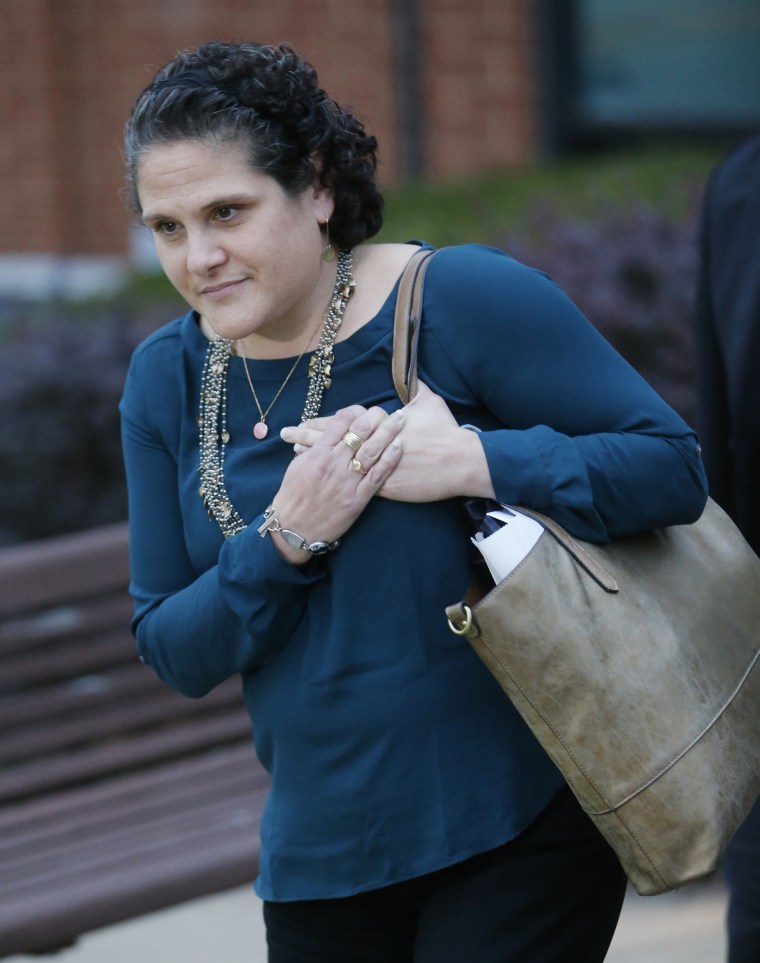CHARLOTTESVILLE, Va. — A federal jury found Rolling Stone magazine, its publisher and a reporter defamed a University of Virginia administrator in a discredited story about gang rape at a fraternity house, news media reported Friday
Word of the jury decision came Friday afternoon in multiple news outlets.
Related: Rolling Stone Source Says She Believed UVA Rape Account Was True
University of Virginia administrator Nicole Eramo claimed the 2014 article portrayed her as a villain who discouraged the woman identified only as Jackie from reporting the incident to police. A police investigation found no evidence to back up Jackie's claims.
Rolling Stone's attorneys said there was no evidence that the reporter knew what she was writing about Eramo was false or had serious doubts about whether it was true.
Jurors heard closing arguments on Tuesday after listening to more than two weeks' worth of evidence in the $7.5 million defamation lawsuit.
The magazine said in a statement Friday that its intentions were good when it published the article, "A Rape on Campus" by reporter Sabrina Rubin Erdely, based on Jackie's alleged story.

"In our desire to present this complicated issue from the perspective of a survivor, we overlooked reporting paths and made journalistic mistakes that we are committed to never making again," the statement said. "We deeply regret these missteps and sincerely apologize to anyone hurt by them, including Ms. Eramo."
The story about Jackie's rape set off a firestorm at the university and in schools nationwide.
Related: Rolling Stone Defamation Trial Over Rape Article Begins
Eramo received hundreds of angry letters and emails calling her the "dean of rape," among other things, and faced protesters outside her office. The story crumbled after other news outlets began asking questions and police found no evidence to back it up. The article was officially retracted in April 2015.
Over the course of the more than two-week trial, the jury of eight women and two men watched 11 hours of video testimony, heard from a dozen live witnesses and examined nearly 300 exhibits.
At issue were three statements made about Eramo in the article and several comments Erdely made about the "university" and "administration" in media interviews before the article was retracted.
Among the statements in the article that Eramo claimed were defamatory was one in which she is quoted — through Jackie — as saying that the university doesn't publish all of its statistics about sexual assault because "nobody wants to send their daughter to the rape school." Eramo says that was fabricated by Jackie.
The judge earlier this week dismissed Eramo's claim that the story, when taken as a whole, implied that Eramo was a "false friend" to Jackie. Rolling Stone had called that a "critical element" of her case.
Because the judge determined that Eramo was a public figure, she had to prove that Rolling Stone made statements with "actual malice," meaning it knew that what it was writing about her was false or entertained serious doubts as to whether it might be true.
Attorneys for Rolling Stone acknowledged that Erdely and her editors made serious reporting mistakes, but argued that there was no evidence they acted with actual malice.